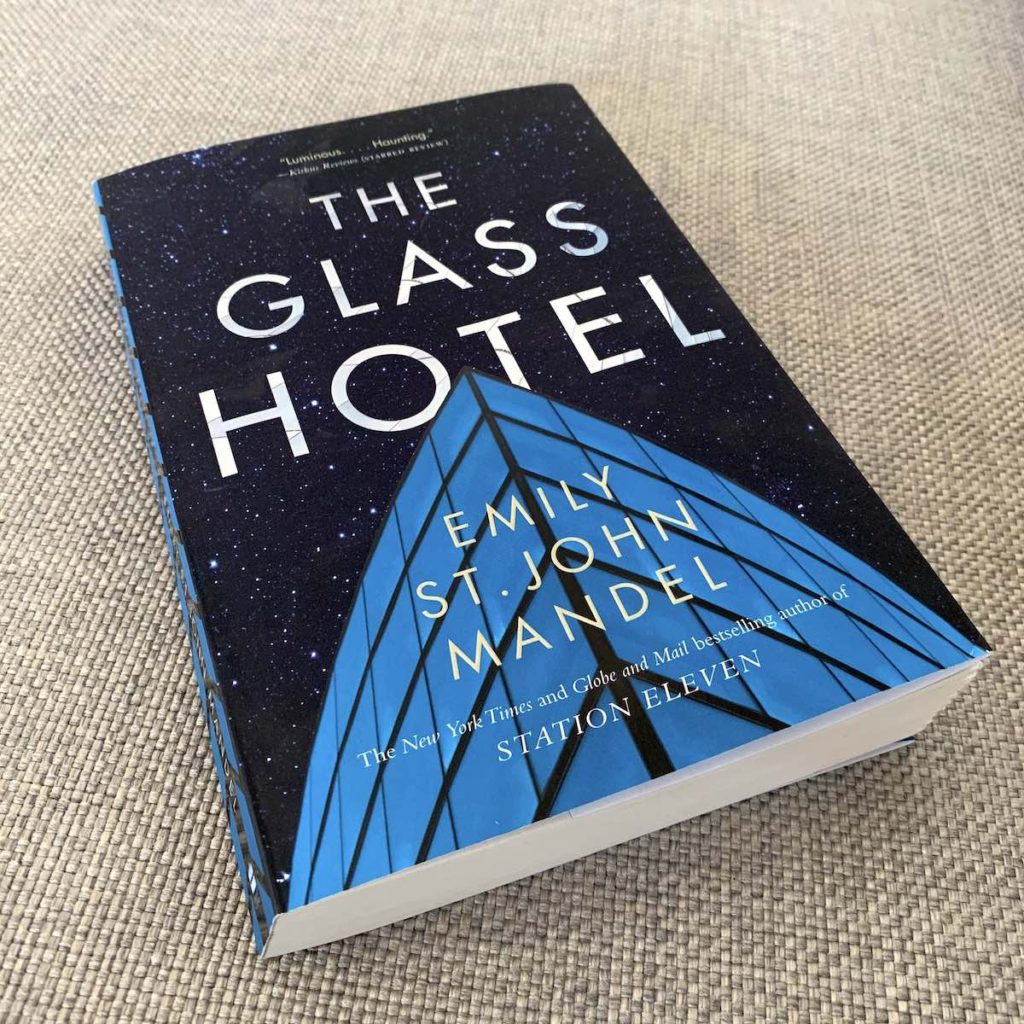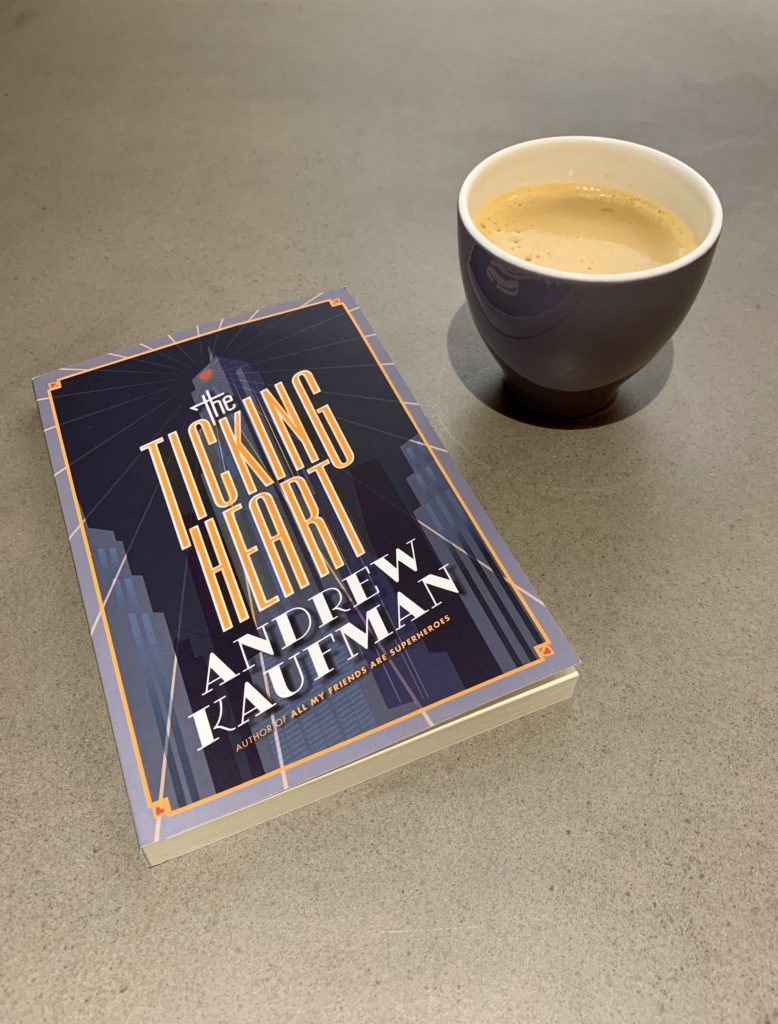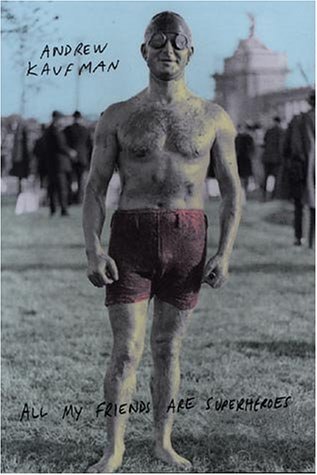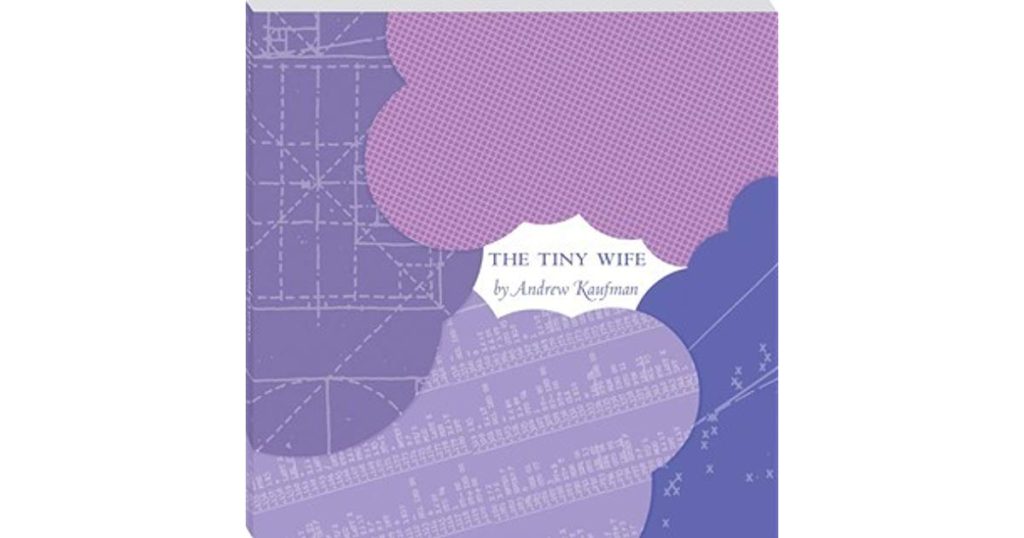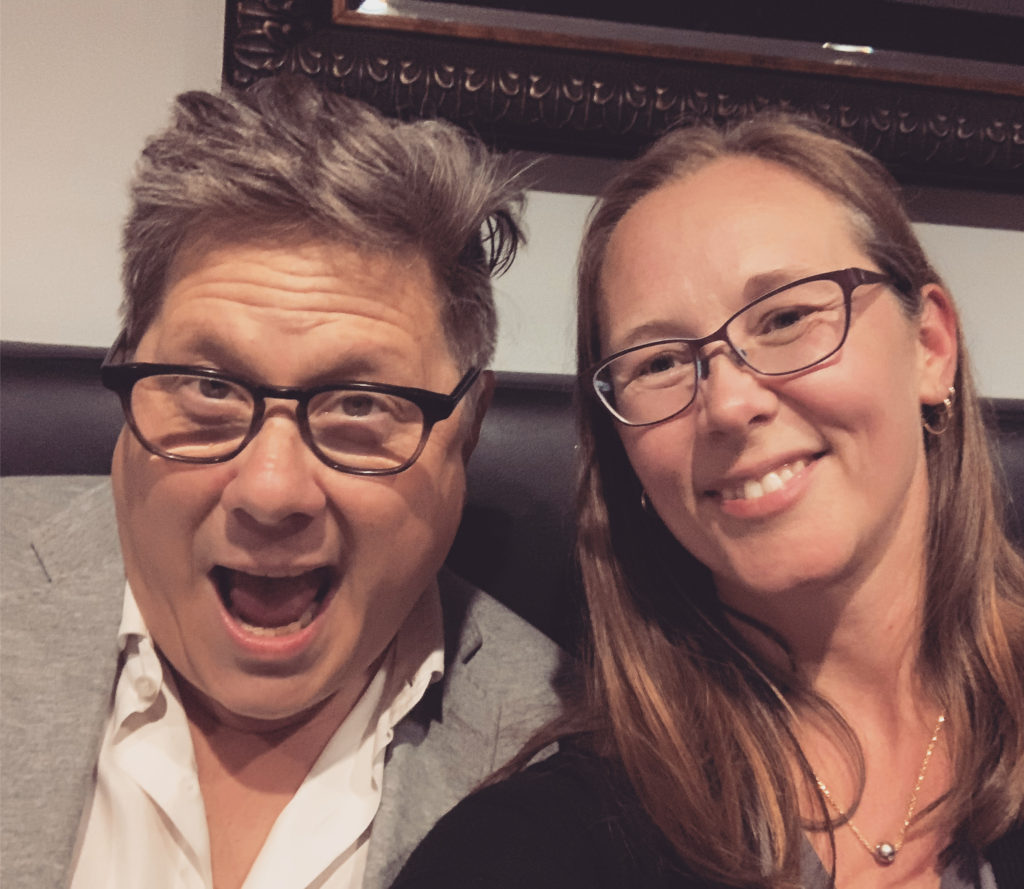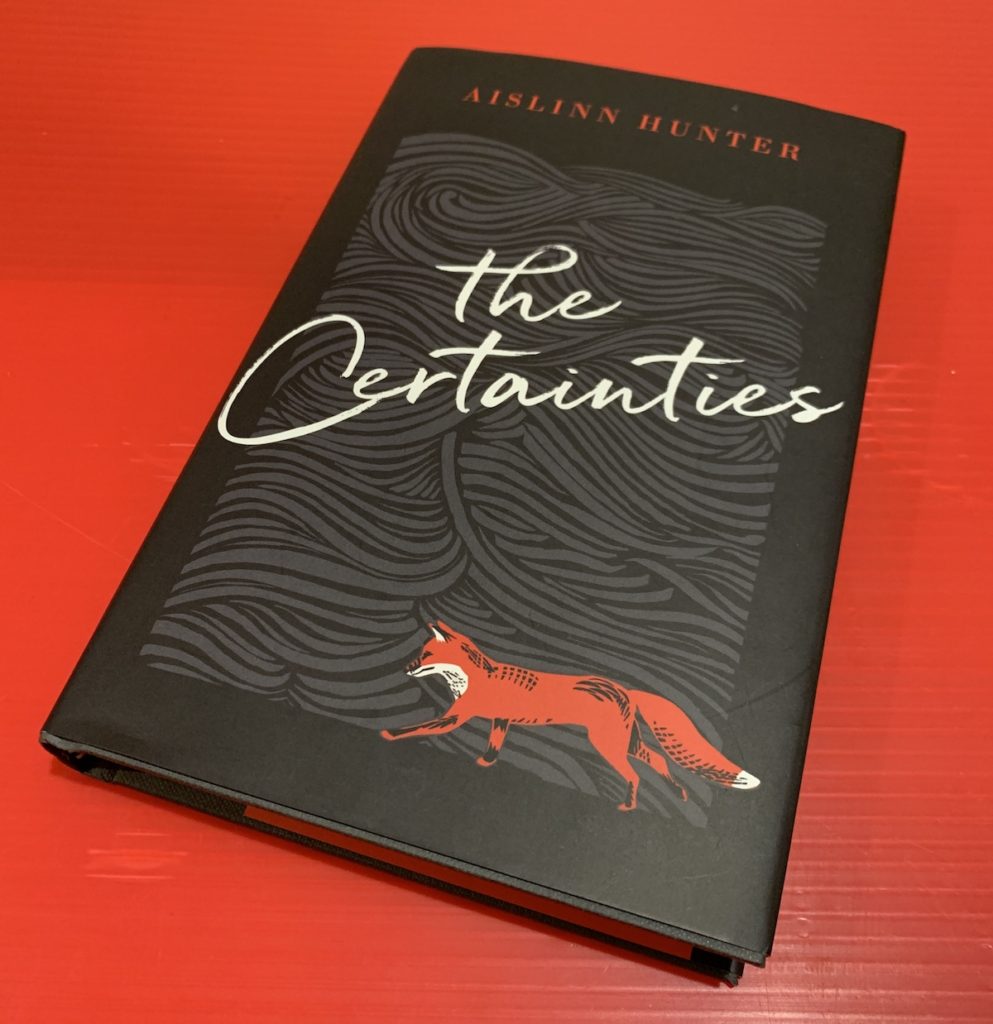
A beautiful novel about the in-between places.
The Certainties follows two different people in two different times, whose lives intersect briefly in 1940. The man, our main narrator, is a road-weary traveller who is fleeing Paris. The war is looming, people are disappearing, he has already been held in a volunteer work camp and been released, and now he is sneaking into Spain with two friends.
At a small village cafe, he briefly meets a little girl named Pia.
His story unfolds over a treacherous 48-hour period where his life is held in flux by the police and visiting German officials. Pia’s life is a flash-forward to the 1980s. She’s living on a remote island in the Atlantic, working in the kitchen of an inn, and having a casual romance with a local builder. There is a wedding, a storm, and a shipwreck. Bit of people’s lives wash ashore while life carries on. The juxtaposition of some of the scenes is masterful.
What we learn about the man is that he’s a German intellectual, living large in Paris, cavorting with various philosophers and artists. Two of these connections are his current travelling companions. I can’t really say he was “living life.” He’s a bit of a downer and is told so by his sister. On the run, he does brave things and stupid things. And either way, the trap is laid, and he knows it.
There are beautiful passages about bridges and mirrors, all part of his thesis and work. He reflects on the various interpretations of Narcissus. Our narrator is self-absorbed, but he teaches us that the Narcissus story is much more nuanced.
Bridges and mirrors — what it means for two sides to be connected, reflected…
Pia is also on the run, but only from herself. Her mother, a journalist, disappeared when Pia was young. She has moved around from job to job, never setting down roots. She can pack up her room at the inn in 10 minutes. For her, there are small tragedies and large traumas that sit quietly with her.
My favourite moment in the story is a spoiler so I won’t share. It’s a heart-breaking pause.
Hunter has woven these stories so loosely that it might feel frayed, but we are getting only a glimpse of two lives lived. I felt the sadness and weight of loss while reading The Certainties, and reading the acknowledgements after was like the second shoe dropping.
To me, the novel is about love and philosophy, and looking in the mirror and seeing a reflection of yourself, another self, your own self.
It’s a story of great sadness. Many times, I felt melancholic. What do you think about when it’s the end? What will you miss the most? Who are you? Which self will be remembered? When I think about philosophy, it’s this deep look into the nature of knowledge and how you live with what you know.
The perfect read for fans of Aislinn Hunter’s other works, readers of Jon McGregor‘s So Many Ways to Begin, or Timothy Findlay’s You Went Away.
